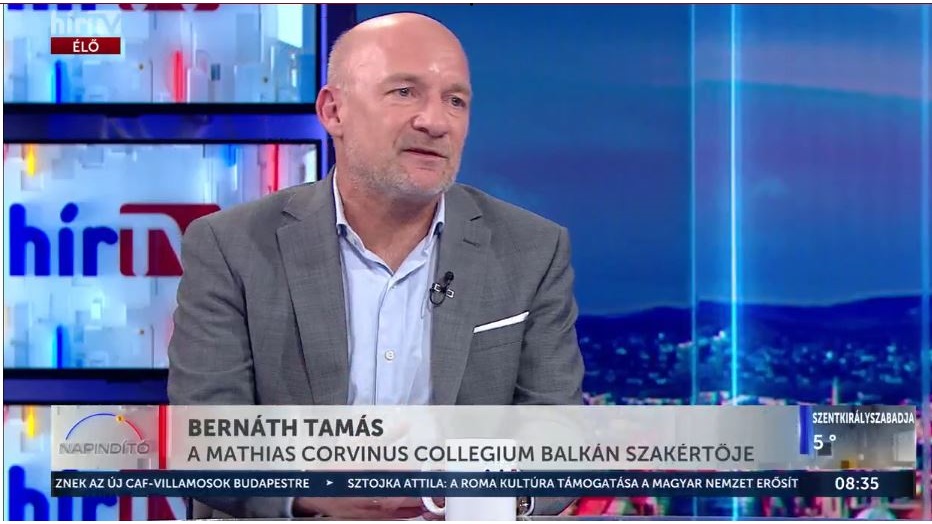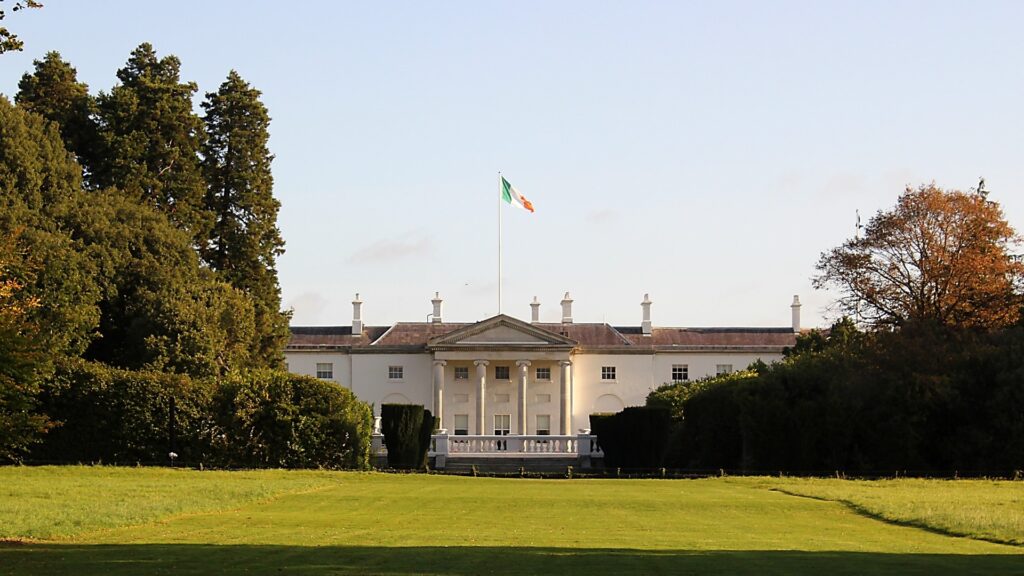Researcher and lecturer at the MCC School of Economics Tamás Bernáth has recently appeared on the morning TV programme Napindító on the Hungarian news channel HírTV to discuss the historic cooperation between Hungary and Serbia. The collaboration between the two neighbouring nations has already begun on energy, and is being planned to start on defence, he explained.
A feasibility study for the construction of a Hungary–Serbia pipeline capable of transferring 4.5 billion tonnes of crude oil per year has already been completed, Minister of Foreign Affairs and Trade Péter Szijjártó announced last week after meeting with Minister of Mining and Energy Dubravka Đedović of Serbia in Belgrade, Serbia. The estimated completion date for the ambitious project is 2028.
On this development, Bernáth has said:
'This is of great significance…Essentially, all relations in the energy sector manifest itself in a physical pipeline. It cannot only be about words, goodwill, or some kind of solutions detached from the physical reality. Either there is a pipeline transferring oil, or there is none…In this regard, I believe, it is very logical progress in the already greatly developing Hungary–Serbia economic relationship to have this element in creating energy security.’
He then pointed out that the planned capacity of 4.5 million tonnes of crude oil per year would be greater than that of the pipeline that is currently serving Hungary from Ukraine; and that there is already a very close cooperation in place on energy between Hungary and Serbia, as our Southern neighbours are using our gas holders to store their natural gas reserves for compensation.
Bernáth was then inquired about the Hungaro–Serbian defence agreement reportedly in the planning, and was asked by the host if it had anything to do with a similar defence agreement signed by Albania, Croatia, and Kosovo. The expert answered that he believes there is a connection, and if the aforementioned three countries ‘find each other’ on the issue of defence, it is only logical that Serbia would be looking for similar alliances, since, even though the Balkan countries explicitly stated that their alliance is not against anyone, Serbia could reasonably feel targeted; if not for anything else, for historic reasons.
He went on to explain that the outbreak of the Russo–Ukrainian war and the new American administration’s ambitions to make Europe pay for its own defence have made all European nations rethink their stance on defence, and, ‘since we are small countries, we cannot do much else but form an alliance,’ as he put it. Bernáth also raised his concerns that the new Albanian–Croatian–Kosovonian defence agreement likely violates the treaty that ended the Bosnian war in 1995.
In the end, the recent protests against President Aleksandar Vučić of Serbia were brought up.
‘From what I understand, talking to friends in Belgrade, these protests are losing intensity. They lack any concrete demands…they lack any forward-looking political demands that would unite the protesting masses,’ he opined.
As a result of the protests, Prime Minister Miloš Vučević of Serbia resinged in March 2025. President Vučić nominated medical professor Đuro Macut to be his successor in April.
Related articles:








